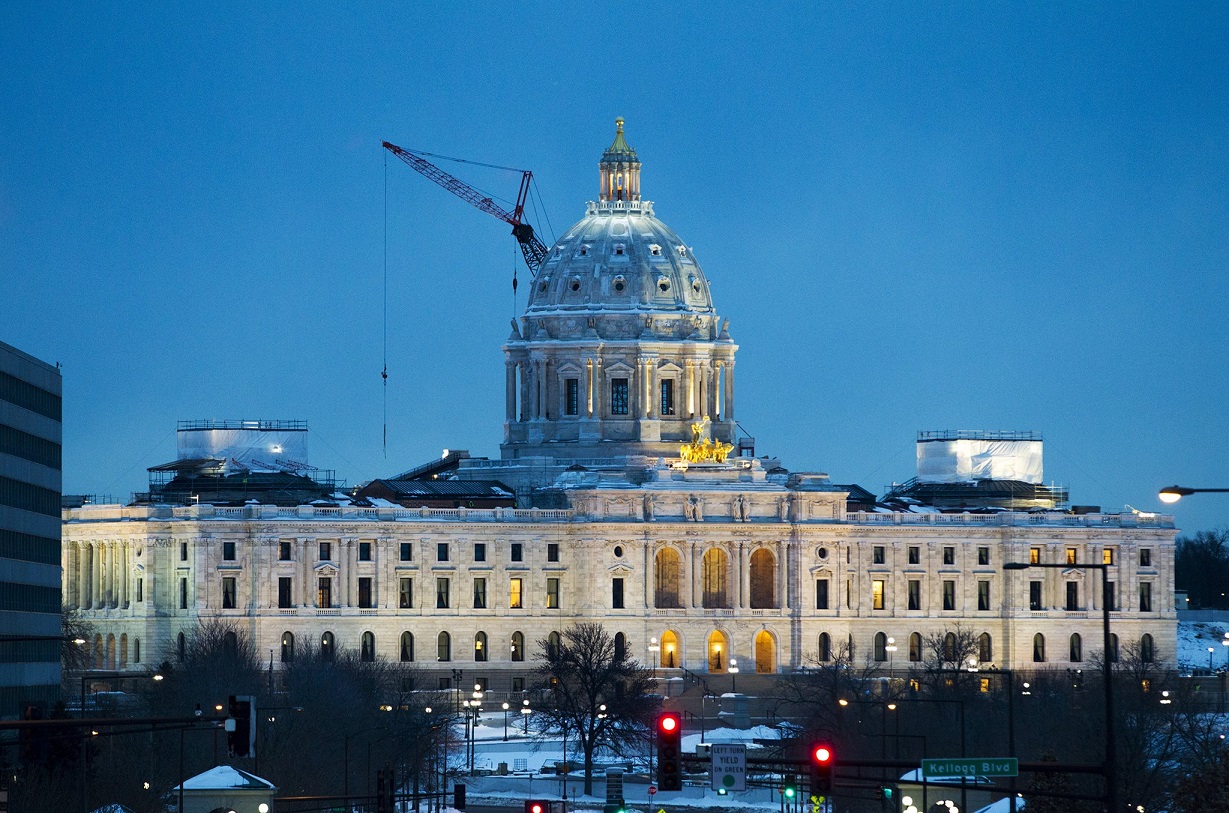Legislative pay council begins its work

They come from every corner of Minnesota: International Falls, Hawley, Mankato, Sauk Rapids, Duluth and the Twin Cities metropolitan area. They represent every Congressional District in the state, both political parties, and it’s their job to determine how much the people who write laws and spend tax money should get paid.
Voters in November overwhelmingly approved a constitutional amendment establishing the Legislative Salary Council, a 16-member body tasked with overseeing lawmakers’ pay. Appointed by both Gov. Mark Dayton and Minnesota Supreme Court Chief Justice Lorie Skjerven Gildea, the council has until March 31 to prescribe legislative salaries for the upcoming biennium, which begins July 1.
In its first meeting on Wednesday, the council, made up of retirees, sales people, attorneys and doctors, walked through Minnesota Government 101: Who should serve as chair and vice-chair, how to operate under Open Meeting and Data Practices laws and what is the definition of “any” – as in, outlined in law, what “any” communication with lawmakers looks like (the law states legislators and council members can’t have “any” communication).
“This is a sensitive topic that people are going to look to: Did we do everything right?” asked Dr. David Metzen of Mendota Heights.
The annual salary for state representatives and senators is $31,140, and legislative leaders can make up to an additional $12,456 annually. The most recent salary increase for legislators was a 5 percent bump in January 1999. Legislators are also allowed a daily per diem ($66 in the House; $86 in the Senate) and can have other expenses covered for things like travel, mileage and housing for members who live at least a certain distance from the State Capitol.
The council even had some initial input from a citizen who suggested including performance bonuses for legislators who introduced bills approved by a super majority and signed by the governor. By using this system, the Edina resident outlined, party polarization would decrease and it would be a “continual reminder” of the task at hand.
The council is scheduled to meet again on Jan. 27 at 9 a.m.
Related Articles
Search Session Daily
Advanced Search OptionsPriority Dailies
Legislative leaders set 2026 committee deadlines
By Lisa Kaczke Legislative leaders on Tuesday officially set the timeline for getting bills through the committee process during the upcoming 2026 session.
Here are the three deadlines for...
Legislative leaders on Tuesday officially set the timeline for getting bills through the committee process during the upcoming 2026 session.
Here are the three deadlines for...